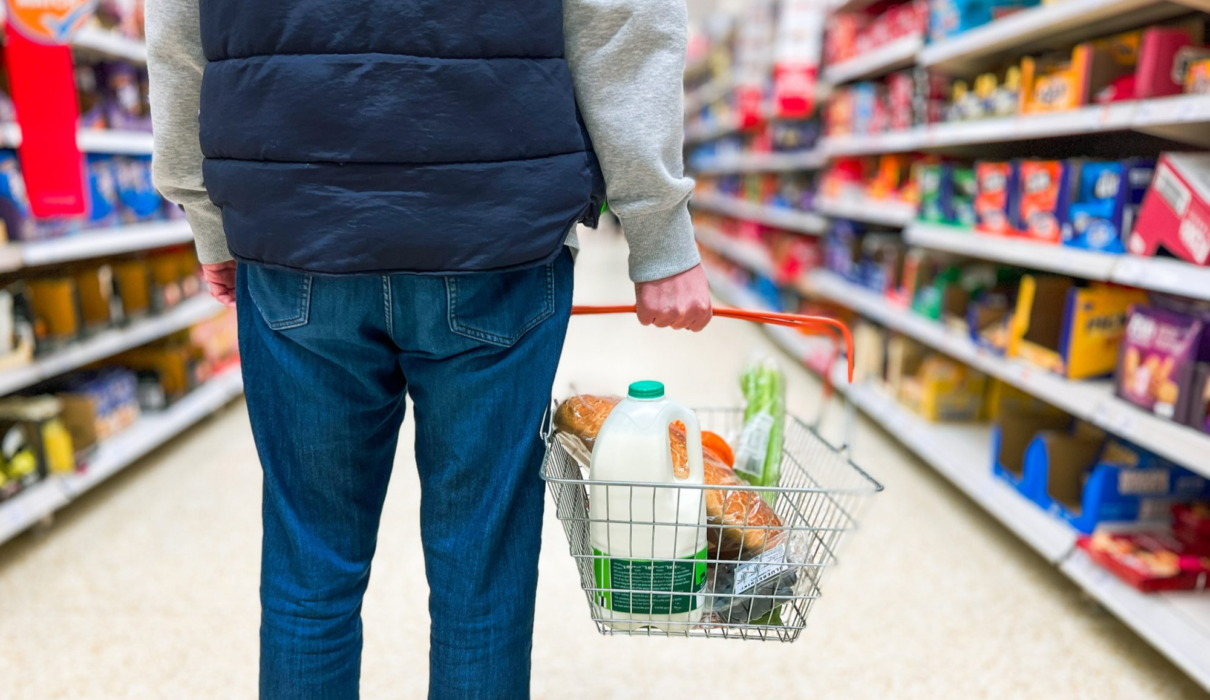In April 2025, UK households saw their budgets stretched even further as inflation surged to 3.5%, a notable jump from 2.6% the previous month. This jump—outpacing the Bank of England’s expectations—has heightened economic anxiety among households already grappling with post-winter expenses and an uneven economic recovery.
The Office for National Statistics highlighted that key drivers of the increase include a rise in the Ofgem energy price cap, which pushed household gas and electricity bills higher. Water and sewerage prices also spiked by more than 26%, reflecting widespread utility cost increases. At the same time, transportation saw a 3.3% annual increase, with airfares notably surging by over 27%—a seasonal surge due to Easter travel.
Households on tight budgets now face the double burden of reduced purchasing power and shrinking savings. Chancellor Rachel Reeves acknowledged the strain, noting that while the government has rolled out measures such as fuel duty freezes and energy bill relief, more sustained support may be required.
The latest inflation spike adds fresh urgency for the Bank of England, intensifying debates around its next move on interest rates. While it had trimmed the interest rate to 4.25% earlier this year, economists now urge caution, fearing that premature rate cuts could worsen price pressures. Chief Economist Huw Pill emphasized the need to stabilize wages and prices before adjusting monetary policy further.
Analysts suggest this inflation surge may be temporary, largely driven by utility adjustments and seasonal travel. However, its impact on public sentiment and spending habits could linger, especially if wage growth fails to keep pace.
April’s data reflects a broader challenge: maintaining economic stability in a volatile global market while addressing everyday financial hardships at home.

